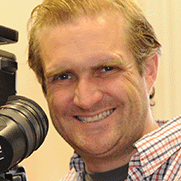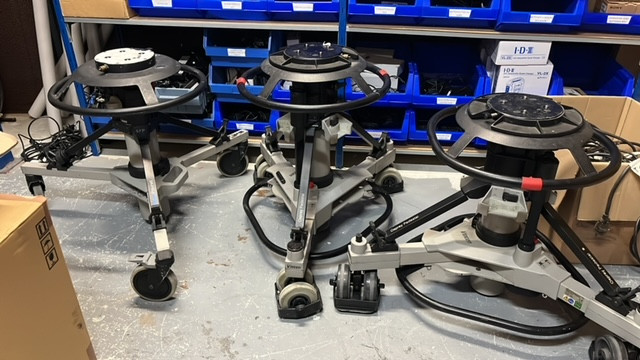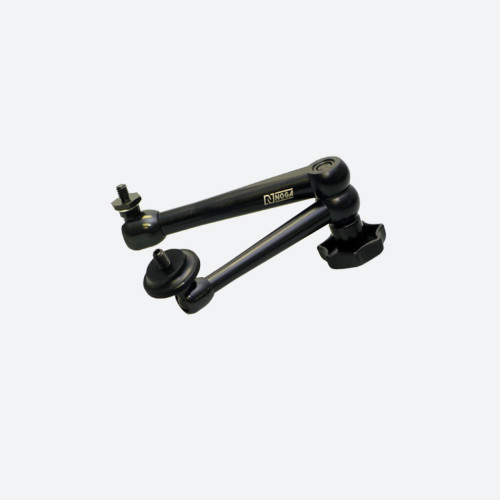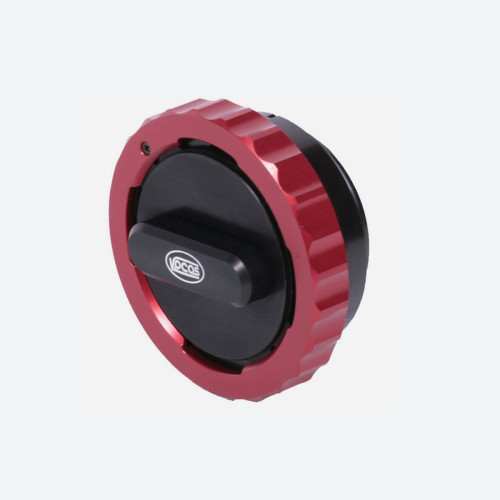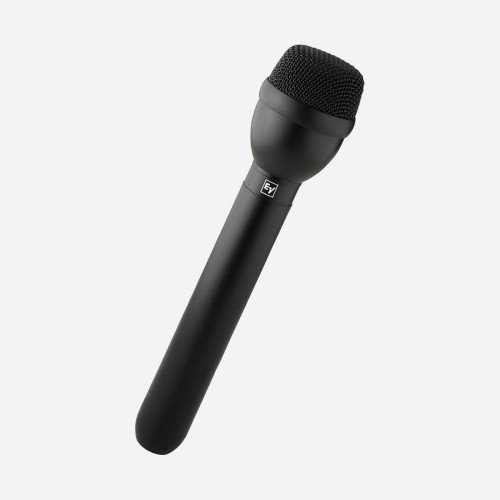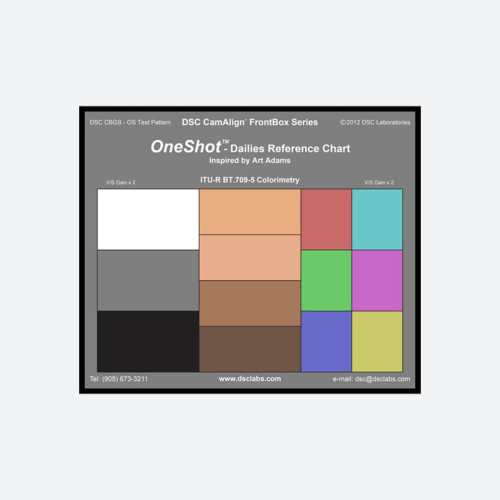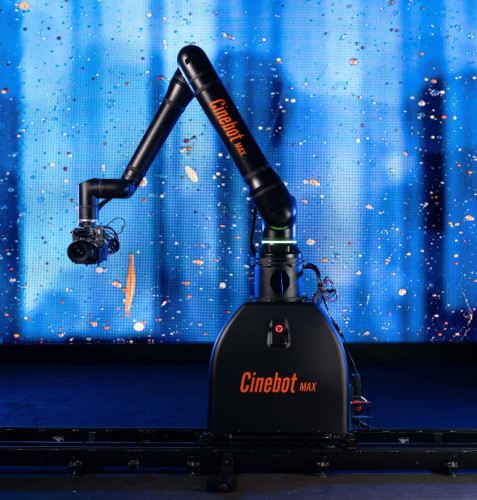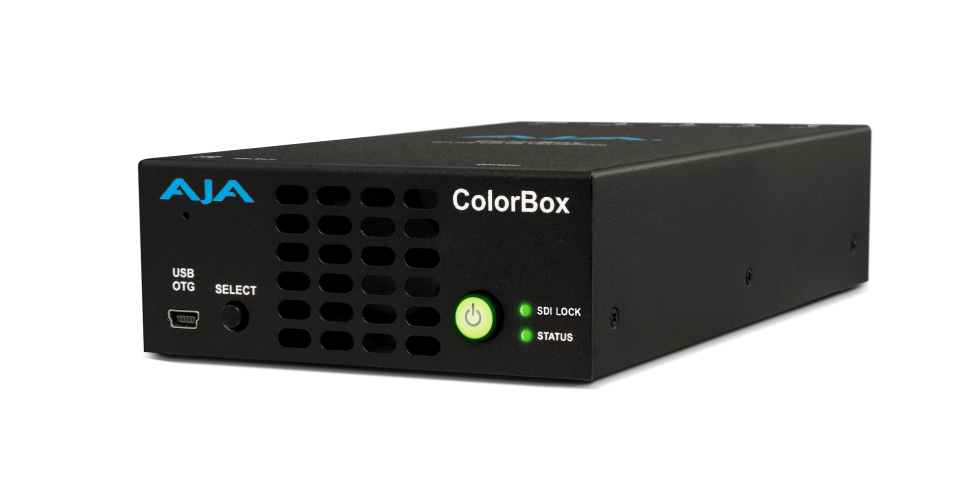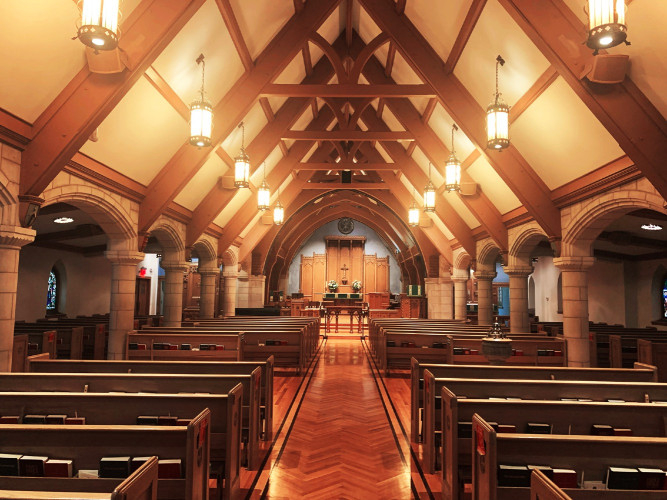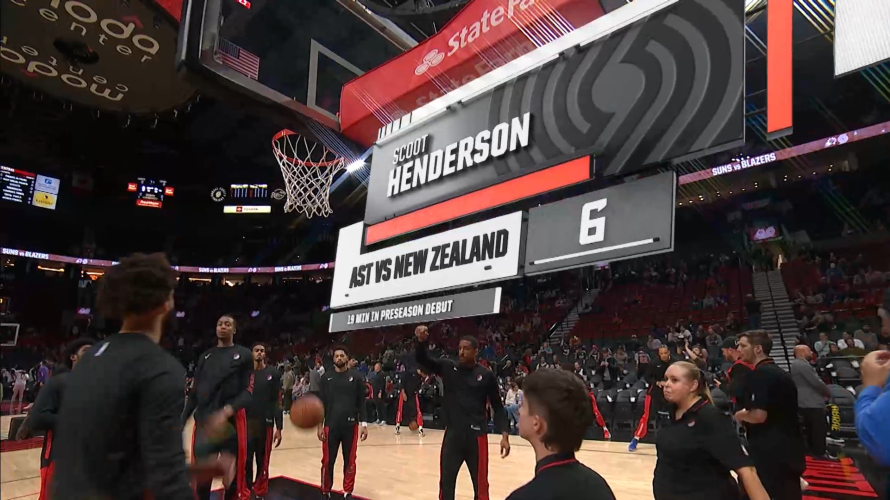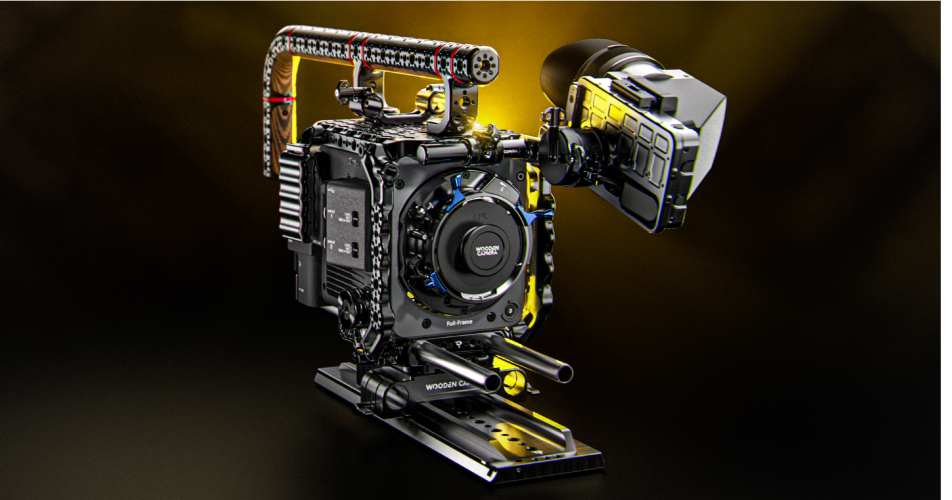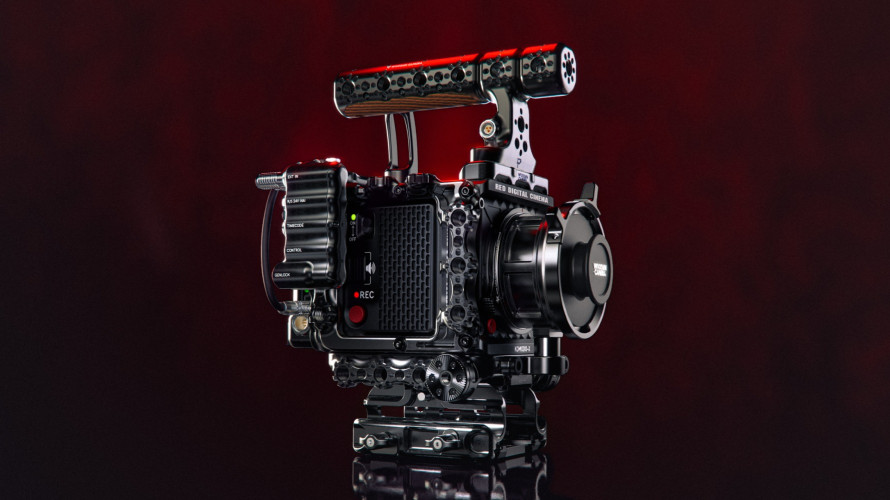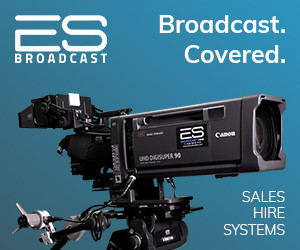by Dan Mulligan Issue 98 - February 2015
There\'s nothing like a new project to make you feel excited about life, and excited is definitely how I\'ve been feeling since I adopted an Open Source policy to my companies\' camera and workflow divisions.
My background is in cameras. I started out assisting and focus pulling before moving up the ranks to Camera Operating for F1, BBC Dramas and eventually Second Unit Cinematography for Feature Theatrical Productions. During this time I set up Rogue Element Digital and Pure Digital Services, companies that specialise in all aspects of digital cinematography including camera rental, workflow services and location post. Both ran successfully until 2011 when I was offered a job by Technicolour to set up and run its Digital/Data Operations. As locations and digital dailies supervisor I was involved in a variety of projects including Jupiter Ascending, Mortdecai and The Man from UNCLE.
Fast forward now to the summer of 2014 when my time at Technicolour came to an end. After a few weeks off to watch the FIFA World Cup, I decided to resurrect my existing businesses and start trading again - only this time with a difference. Just prior to leaving Technicolour I developed an interest in the Open Source concept and started researching it in more depth. It seemed to me that if Open Source could be applied to film and television production, there was the possibility to really revolutionise the industry and encourage creativity in an entirely new way.
During the many years I\'ve spent in this industry I\'ve seen a few changes and re-iterations of the current digital workflows and it has struck me how much we rely on proprietary systems for most delivery. There\'s nothing wrong with this because, for VFX to DI to onset LUTs and more, they do a good job. However, my research into Open Source led me to believe we could do more and I started asking myself some fundamental questions:
What if we could ensure that 4k cinema (and beyond) was fully open to everyone? What if digital filming equipment could be made available to all via a transparent open policy? If this was possible, could we expand 4k out of the domain of paid Professional Feature projects and make it accessible to filmmakers who couldn\'t normally afford to work with 4k cameras? If we took a truly Open Source approach to film and television production, couldn\'t we liberate the creative spirit and inspire freedom of expression?
Of course, having a dream is good but if you want to make dreams come true you need to get practical. And that\'s exactly what the Open Source movement is doing.
What Areas Can Open Source Be Applied To?
When you start discussing Open Source in relation to film and television production, you soon recognise that this topic has many strands. Basically it covers everything from cameras and location post through the entire production pipeline and workflows including sensor processing, transcoding, VFX, DI and colour, LUTs and more. In reality, though, the first areas that need to be tackled are digital camera technology, network/server support and delivery and distribution.
Ideally we need to see products and solutions maturing and establishing credibility through proven use. People who have open sourced their work and their projects by allowing access and inviting collaboration need to be recognised. We also need to give people the freedom to study, understand, modify and sell their products or derivatives so that the ideas and principles of Open Source can be consolidated within a forum.
To this end, Open Source Cinema UK has been set up to help develop and create solutions for Open Source Film production. The aim of this web site and community forum is to introduce new ways of working so that we can enhance creativity, cut costs and explore different approaches to technological development and financing.
Open Source Digital Cameras
- The First Link In The Chain
If we want an Open Source film and television industry, then the first obvious step has to be the development of an Open Source digital camera. As a former cameraman, it was hearing about an organisation called apertus and the work they were doing that first got me interested in the whole Open Source concept.
Based in Vienna, apertus is an Open Source cinema organisation founded by film makers and financed through crowd funding. The people behind apertus were galvanised into action when they became concerned with the expensive and limited tools they were forced to work with every day. Instead, they wanted access to affordable devices and technology that delivered the highest possible image quality and could be customised to exactly suit their needs.
I heard about the initiative and when I learned that apertus was developing an Open Source 4k camera, I decided to pay them a visit. I was immediately struck by how little Open Source, for both software and hardware, is utilised by the Film Production community. Certain single elements are there, Blender for 3D, DCP creation, but nothing has been created and developed as an entire production workflow for shooting films digitally.
Since its formation in 2007, the apertus project has applied an Open Source philosophy to everything it has developed. As no patents have been filed, anyone can access the technology behind its cameras and people are actively encouraged to adapt, modify, repair and even replicate them. To date, reaction has been very positive. Not only has the company achieved - and exceeded - its initial crowd funding target but it also has the backing of some very important film makers and cinematographers, including ASC and AIC Cinematographer Roberto Schaefer and Emmy and Academy Award-winning DOP and Visual Effects Supervisor, David Stump.
The Axiom Open Digital Cinema Camera
The first product developed by apertus is the AXIOM camera, which is due for beta release in April at NAB 2015. Initially it will only be available at cost to the community that backed the crowd funding campaign. Rogue Element was one of those backers and we are delighted to be supporting apertus by investing in a number of 4k Axiom camera systems and making them available to the UK rental market.
With an Open module approach, we anticipate that users will soon suggest the modules they want to see adopted. This perfectly fits the apertus goal of creating a free and open technology for today\'s professional cinema and film production landscape, and making all the generated knowledge freely available. By creating and building an open modular camera system consisting of several hardware and software parts, apertus has already evolved into a platform for film-makers, creative industry professionals, artists and enthusiasts. apertus is more than just a software/hardware collection; it\'s a knowledge library, an ecosystem of people supporting each other and advocating freedom.
Software For Collaboration, Innovation And Delivery
The introduction of the Axiom camera inevitably makes other areas of the production process ripe for Open source treatment. First among these is workflow, which is why Rogue Element, in conjunction with the Open Source community, is creating OpenFlow, a complete suite of workflow solutions to ensure that Open Source is at the forefront of film and television production for years to come.
The 4k CMV12000 CMOSIS sensor adopted for the Axiom will need processing and transcoding. Cinema DNG is being adopted for the initial RAW workflow and from these Masters other copies can be created.
OpenFlow will also develop software that embraces open collaboration and allows a more efficient and faster software suite to be developed by anyone who wishes to contribute. Think of an open and freely available code that can be adopted and worked on by anyone, creating an extremely fast and efficient software workflow designed purely for the task at hand, whether this is to create copies for Editorial or other viewing versions to take onwards to VFX and other departments. We will also apply Open Source to DI and colour, thus allowing full access to the Masters and their colour science. It is very exciting - by making formats such as OpenEXR and Cinema DNG open to all, we can achieve real transparency as well as better, faster results.
Ethical Film Production
As part of its plans for 2015, Open Source Cinema UK will be embracing other new approaches to film and television production, including the adoption of more ethical solutions.
An example of this is Fairphone (www.fairphone.com), which incorporates social values and ethics into its supply chain to create a product with longevity and repairability. This type of thinking can easily drip down into film production. For example, why not use electric vehicles and location generators that incorporate battery power and newly developed Hydrogen Power options? This isn\'t wishful thinking or science fiction as this efficient technology is already being used on some BBC wildlife Productions to power cameras left in place for days at a time.
Aligning an ethical approach to programme and film making with new and developing Open Source Hardware and Software is novel, but there is a growing requirement for these kind of services and in a few years it could well be a lot more common than it is today.
So Where Does All This Lead?
While the Open Source concept may still seem unfamiliar to some people, there is no doubt that it will eventually become perfectly normal for both hardware and software development and in terms of services and equipment procurement.
IP restrictions are already being lifted and when this happens you soon get a global community of many thousands who are collaborating and engaging in product development. The evidence for this lies in software such as OpenOffice and other free/libre OSS solutions, as well as hardware support for Cloud and other media services.
Align this approach with an ethical supply procedure and there is no reason why Open Source solutions shouldn\'t become an established part of film production. Digital productions, in particular, are increasingly relying on software to drive evolving hardware (sensors, storage). Given that productions, especially those destined for TV, have seen an increase in shooting hours, it is perhaps inevitable that cheaper Open Source technology will come into its own as a way of cutting costs.
Personally I can see immediate benefits for Arts based productions on ever tighter budgets but still needing 4k to support broadcasting requirements. Surely with the BBC, ITV, Channel 4 and 5 all actively looking for new ways to save costs while retaining quality, the future must include embracing an Open Source and ethical production environment.



